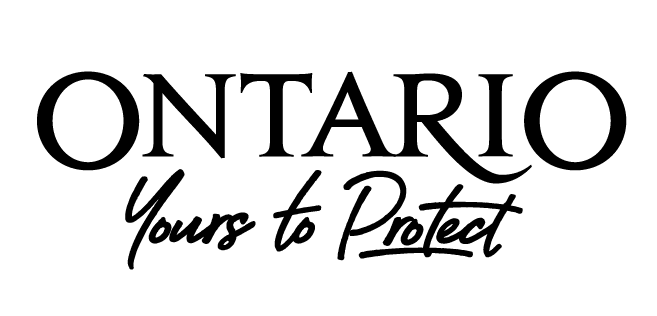The bees are rejoicing! The flowers are breathing a sigh of relief. And the butterflies are feeling a little more carefree.
That’s because today, the Ontario government became the first government in North America to create regulations that will restrict the use of seeds treated with neonicotinoid pesticides (also known as ‘neonics’), which are toxic to bees, birds, butterflies, and other pollinators.
Ontario recognized that something needed to be done, and quickly. Pollinators are critical to food security, but have been dying at a catastrophic rate around the world. Bees and other pollinators are responsible for pollinating crops worth $897 million annually, including many fruit, vegetables, and field crops. But in the winter of 2013-2014, bee deaths in Ontario reached 58 per cent – far above the generally accepted rate of 15 per cent.
Today’s announcement is not just a win for pollinators but also for science. Instead of being swayed by the chemical companies that manufacture the pesticides and their powerful lobbyists, the province chose the listen to strong scientific evidence and the people of Ontario. Roughly 97 per cent of the nearly 50,000 comments received during the public consultation period favoured government action. Thank you to the thousands of Environmental Defence supporters who took action.
In response, the province established new regulations that will aim to reduce the number of acres planted with neonicotinoid-treated corn and soybean seeds by 80 per cent by 2017. They are doing this by creating a new class of pesticides for neonics-treated seeds, establishing a licensing system, and creating a training program to help farmers evaluate the health of their soils and identify the special cases when the use of neonics is needed for extra pest control. Importantly, the results of the program will be monitored and made available to the public so that we can see early on whether the approach is working to improve pollinator health.
Ontario’s approach responds to solid evidence that neonics are harmful to pollinators and offer little advantage to the farmers that use them. A March 2015 Senate Committee report confirmed that neonic pesticides are affecting pollinator health, and harming bee populations. And last month, a draft report from Health Canada’s Pest Management Regulatory Agency (PMRA) showed that coating seeds with neonicotinoid treatments has minimal benefit to corn and soybean yields.
We hope that this will trigger action by other jurisdictions to protect the health of pollinators across the continent.
Let’s celebrate! Take a moment to thank the province for showing leadership to protect bees.









